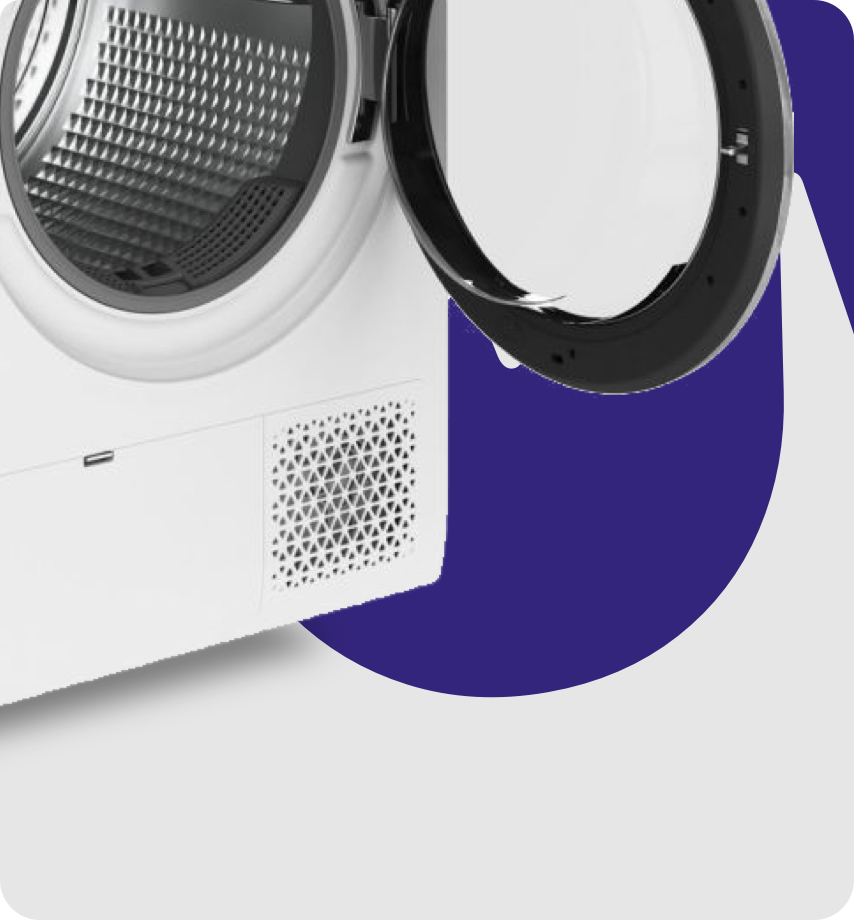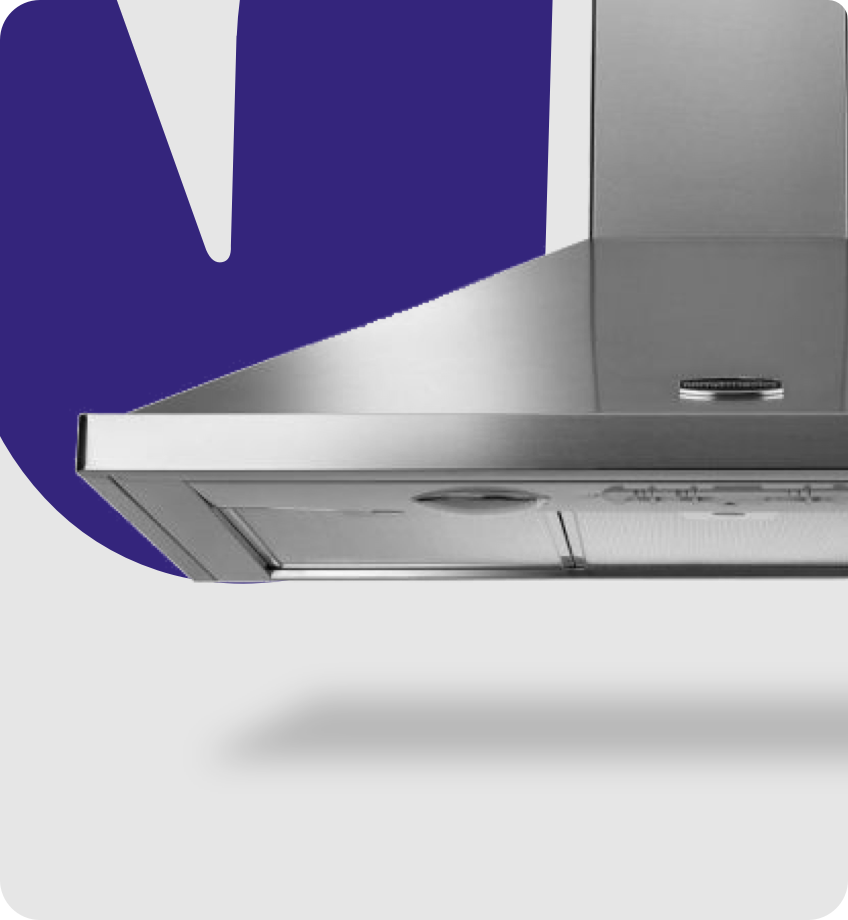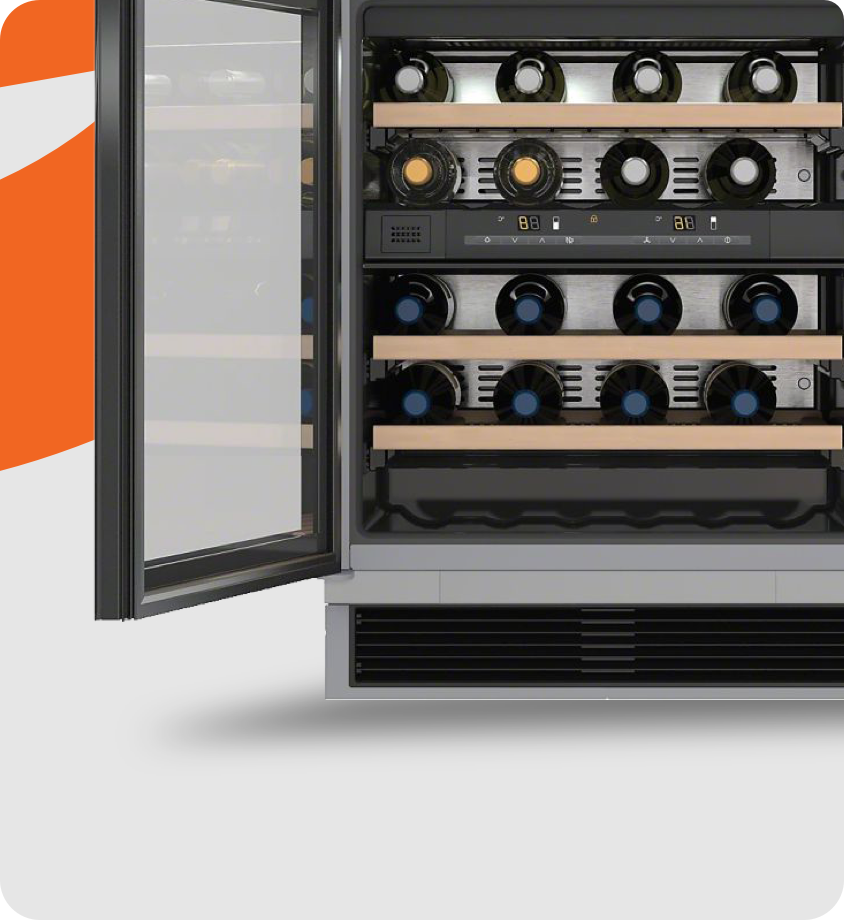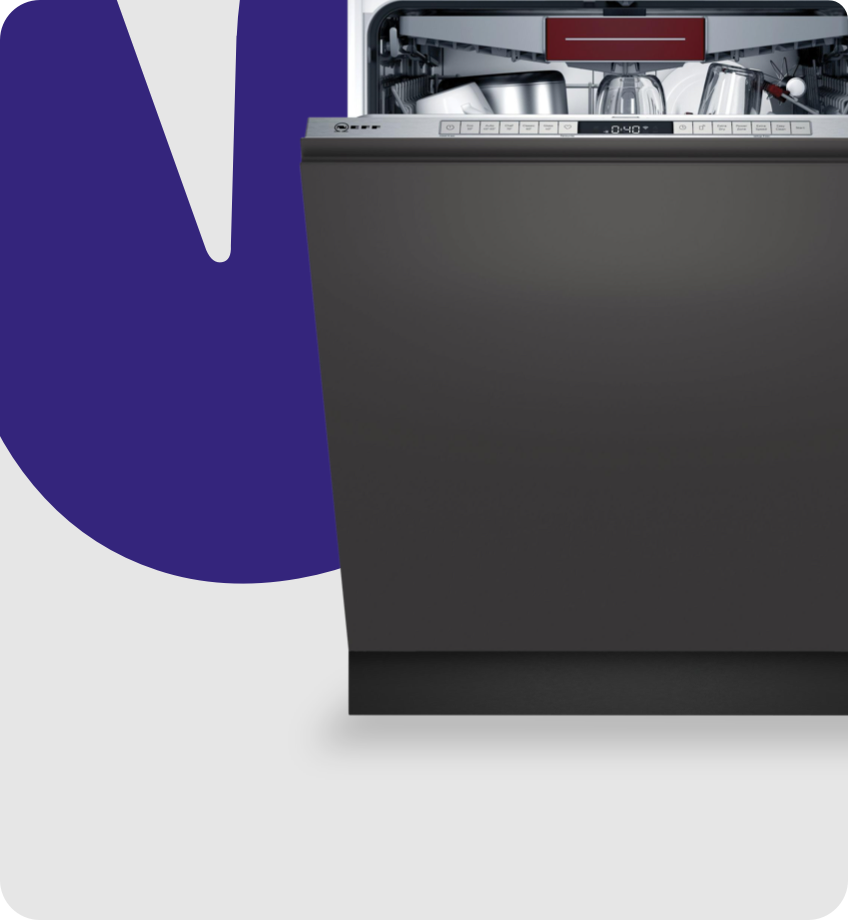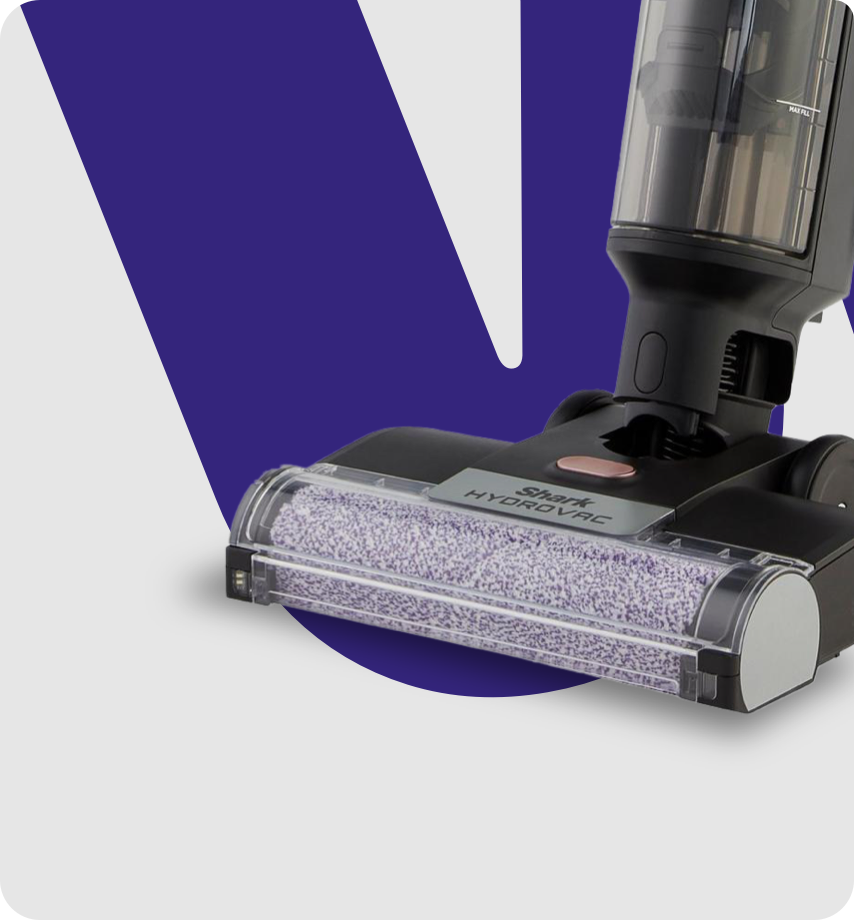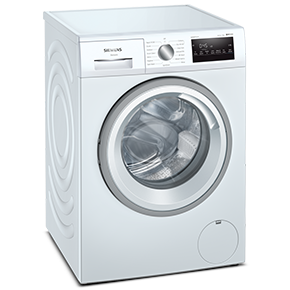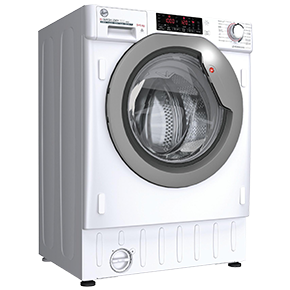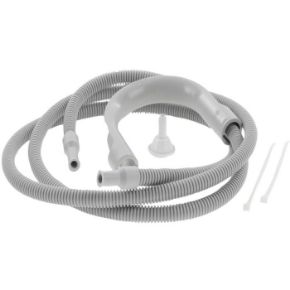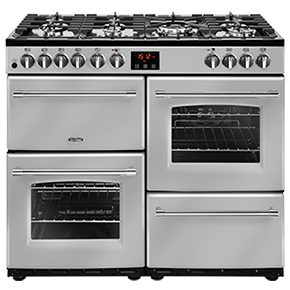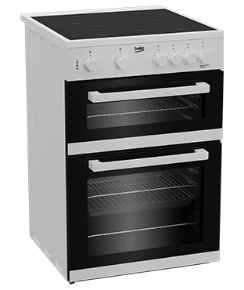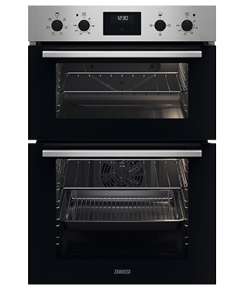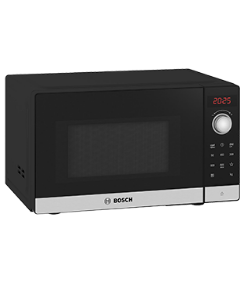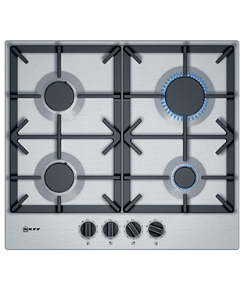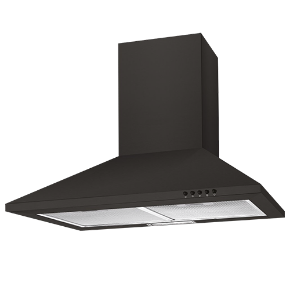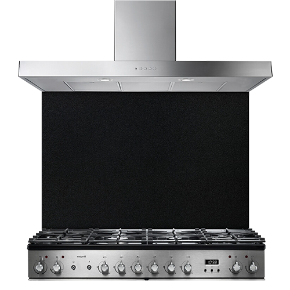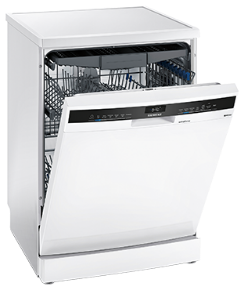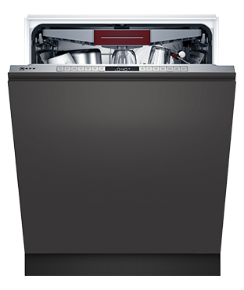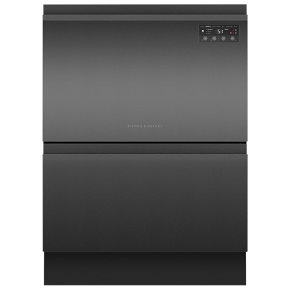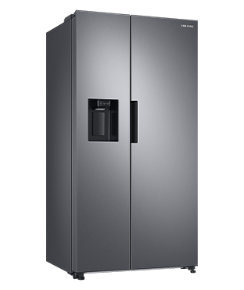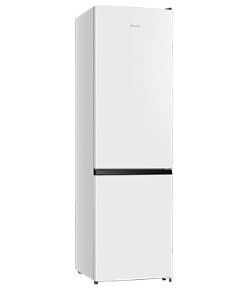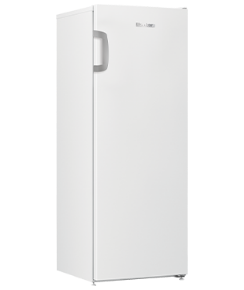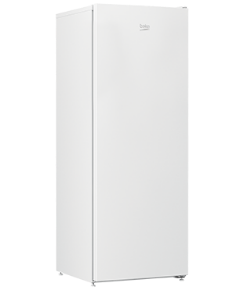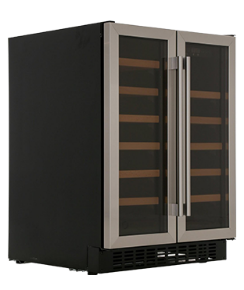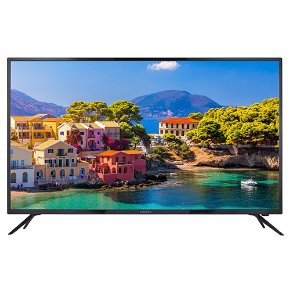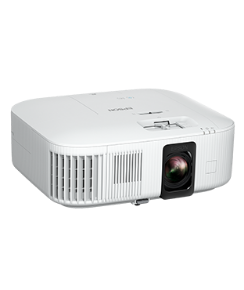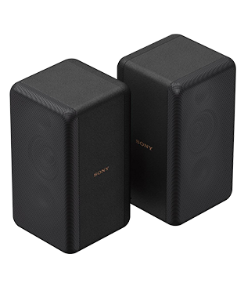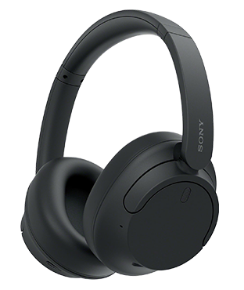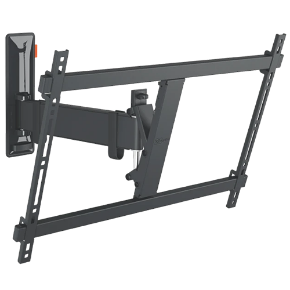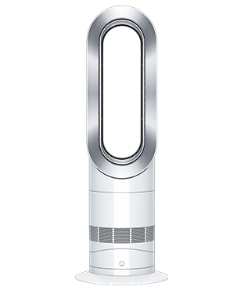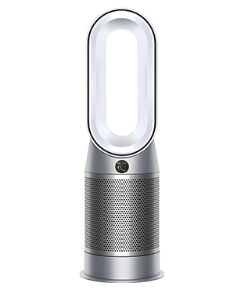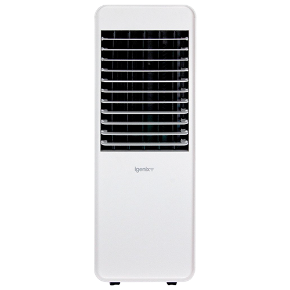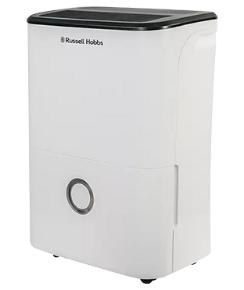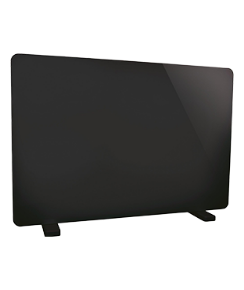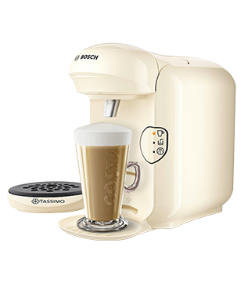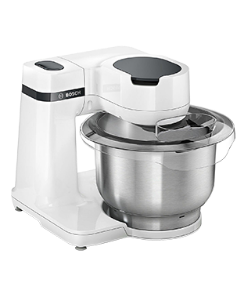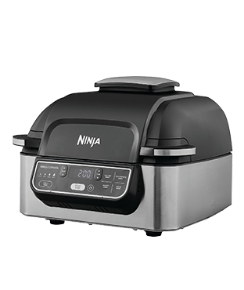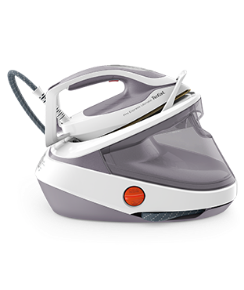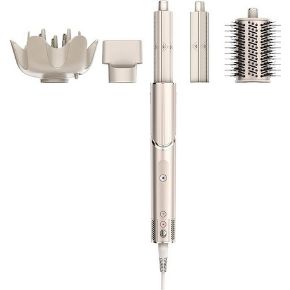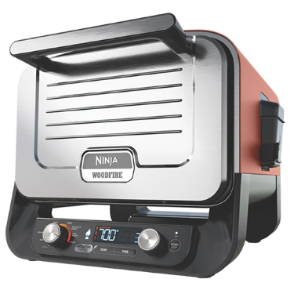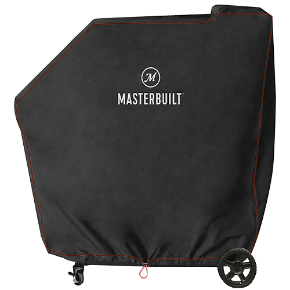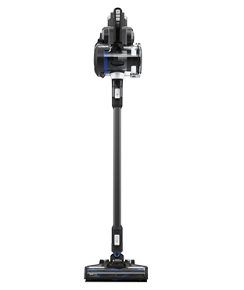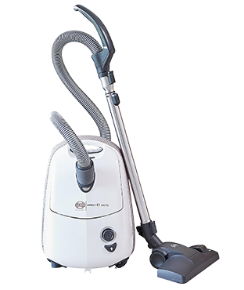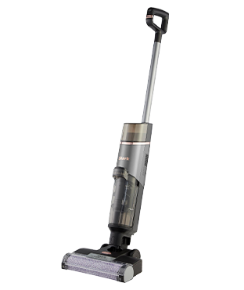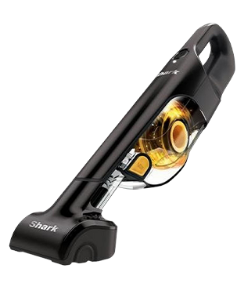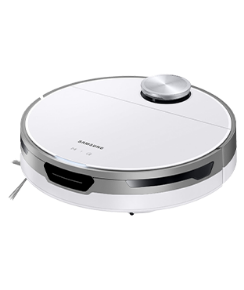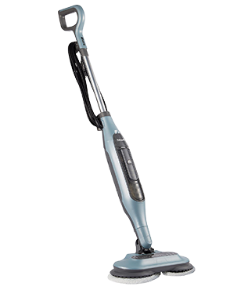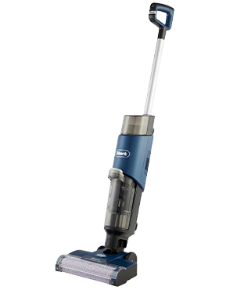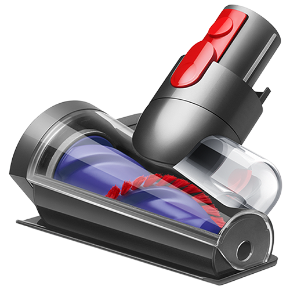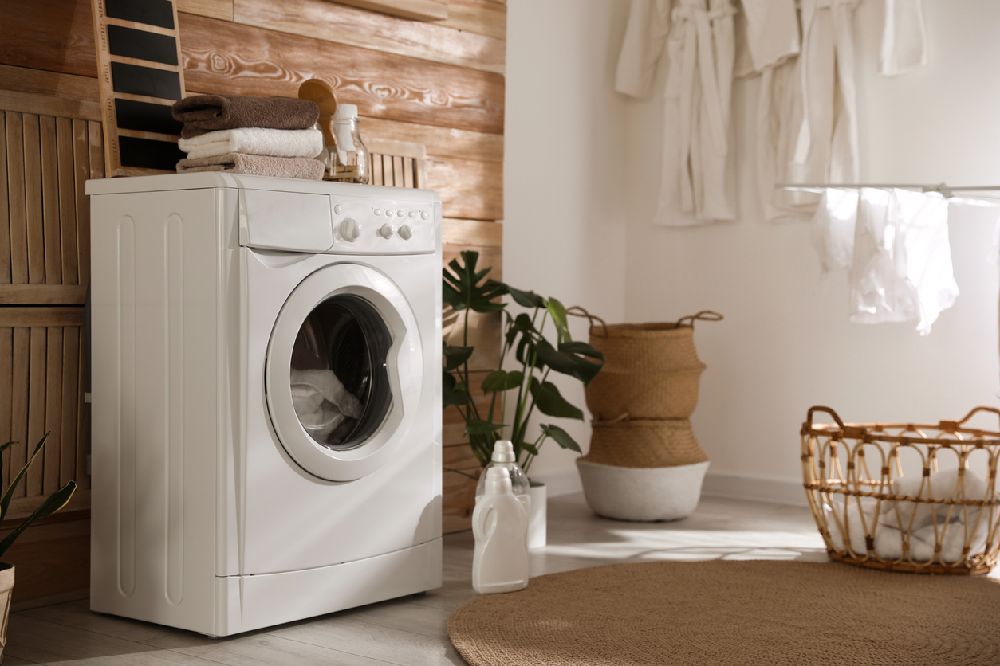
There's a lot to think about when you're in the market for a new washing machine. Should you get a front-load or top-load model? What features are important to you? How much can you afford to spend?
These are all valid questions, and the answers can vary depending on your needs and preferences. But if you're not sure which type of washer is right for you, here's a little breakdown of the pros and cons of each to help you decide.
Front-load washing machines
In the simplest of terms, a front-loading washing machine has a door that opens on the side of the machine - what we call the font.
Front-load washing machines can generally handle a bigger load. They’re great for people who live in small spaces and need to conserve water. Front-loaders also use less electricity than traditional top-loading washers because they don't tumble as much in the wash cycle.
Benefits of front-loading washing machines
- Front-loaders are gentler on your clothes because they use less force to carry the water through the machine.
- Many front-loaders don’t use an agitator and don’t have paddles on the side of the drum; this means that there’s less risk of damaging your clothes.
- Front-loading washing machines tend to offer more functionality due to more advanced suspension and motor systems.
- They’re well suited to smaller homes and offer a better storage solution by allowing a dryer to be stacked on top.
Cons of front-loading washing machines
- Front-loaders tend to be on the pricier side - but this is only because they give a better clean at a more energy-efficient rate.
- Front-loading machines require more maintenance than top-loaders. Over time, mould can build up in the rubber gasket
- They tend to have a longer washing cycle time than top-loaders.
Top-load washing machines
A top-loading washer is a washing machine where the clothes are placed in the top of the machine. This type of washing machine is different from front-loading machines, which have a door on the front through which the clothes are placed.
Many people opt for a top-loading machine because of its modern aesthetic and quick washing ability.
Benefits of top loader washing machine
- Top-loaders tend to be the more convenient option because you don’t need to bend over to do a load. This quality also makes it an ideal choice for older people and those who suffer from joint pain.
- A major draw of a top-loader is that if you forget to add a few items, clothes can be added mid-wash. The design of the machine means that water won’t empty when you open the door.
- Top-loaders are known to collect lint better than front-loaders.
- There is better distribution of fabric softener with top-loaders.
- Because they’re loaded from the top, top-loaders remove the concern for water building up and causing issues with the opening and closing of the door.
- Top-loaders tend to look sleeker and more modern than traditional front-loaders.
Cons of top-loader washing machine
- Top-loaders have a difficult time washing large items such as pillows, blankets, and jackets due to not being able to fully immerse the items.
- Can be rougher on your clothes when the machine is overloaded.
- Top-loading machines tend to be slightly noisier than front-loading washing machines.
- Less energy-efficient than front-loading machines.
- You can’t stack a dryer on top or beneath it, meaning you need more space in your home for a top-loading machine.
Which washing machine washes the fastest?
Top-loaders tend to wash clothes faster, but they’re less eco-friendly. While front-loaders have a longer washing cycle, they use less water and tend to be kinder to the planet.
An agitator is a mechanism found in washing machines that is responsible for creating a shaking movement to clean clothes by creating a forceful water flow that vibrates the machine. Both front and top-loading washing machines with an agitator clean clothes at a quicker rate. However, those without the mechanism use less water, clean clothes better and have more space for clothes.


